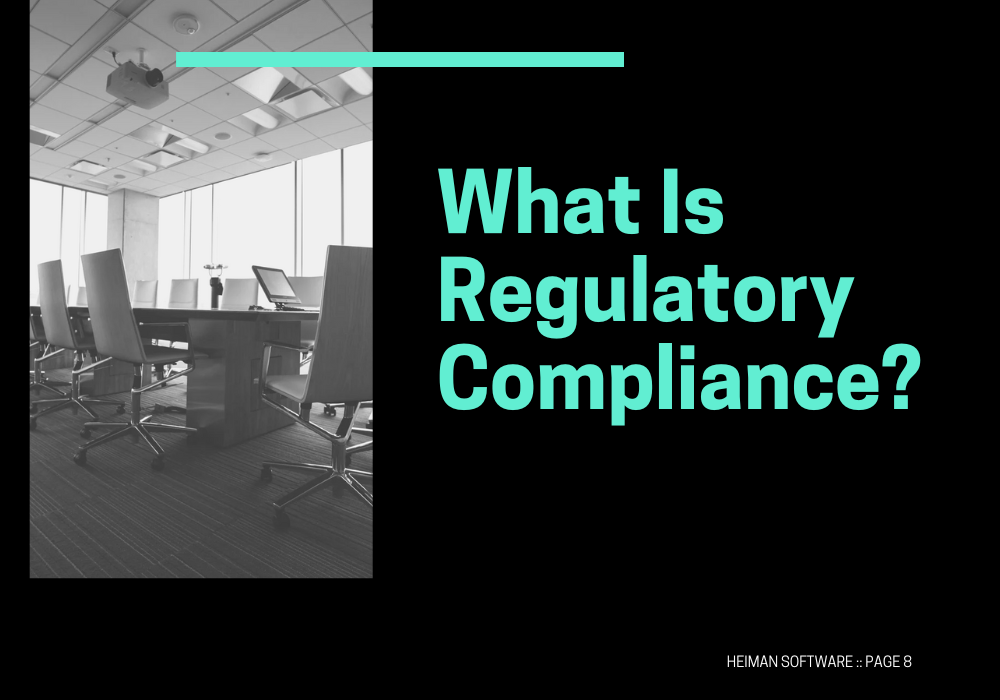|
Smart management is the cornerstone of successful project execution across diverse industries and sectors. By adhering to a set of well-established principles, project managers can effectively navigate the complexities of planning, organizing, and executing projects, just as an experienced sailor navigates a choppy sea. Look at What Are the Principles of Project Management? In this article, we delve into the essential principles that guide project management practices, shedding light on their significance and offering valuable insights to both seasoned professionals and those new to the field. Before we begin, you can unlock a free trial with iconicCRM right away to make the best of project management in one platform. What are the principles of project management?The principles of project management are the fundamental rules that should be followed for the successful management of projects. The Project Management Book of Knowledge (PMBOK) does not currently contain an official list of principles for successful projects. However, PMI’s annual pulse survey highlights the principles that successful project managers and companies are following. Here are the nine principles of project management:
Let’s take a look at each one of these in a bit more detail. 1. Formal structureProjects need to have a formalized structure, including processes, procedures, and tools. If you’ve ever tried to complete a project without a formalized structure (“off the books”), you know how hard it can be to control it and provide the attention it deserves. A project should have a project charter, project plan, and a designated project team to successfully prioritize and manage the project. 2. Project sponsorAn effective project sponsor is critical to the success of a project. Sponsors champion your project and act as a spokesperson to other executives. Having an engaged sponsor makes it easier to communicate progress, escalate issues to overcome roadblocks, and guide stakeholders through decision-making processes. 3. Goals and outcomesWithout precise requirements and approval criteria, it will be difficult to measure a project’s success. You may think that your final product does everything requested, only to have the customer or user complain that you left out a critical component. The most common factor behind failed projects is a lack of clear goals. Project requirements and approval criteria should be determined and documented at the beginning of the project. These must be reviewed and approved by all key stakeholders, including the sponsor and the customer.
|
What Are the Principles of Project Management?

|
|





